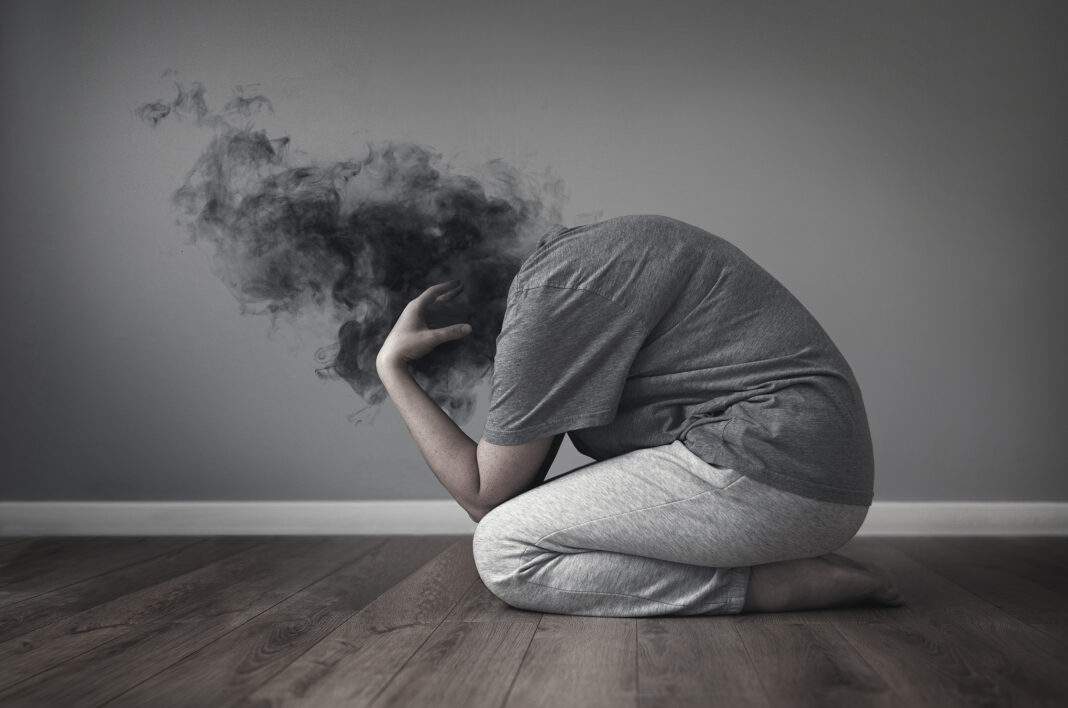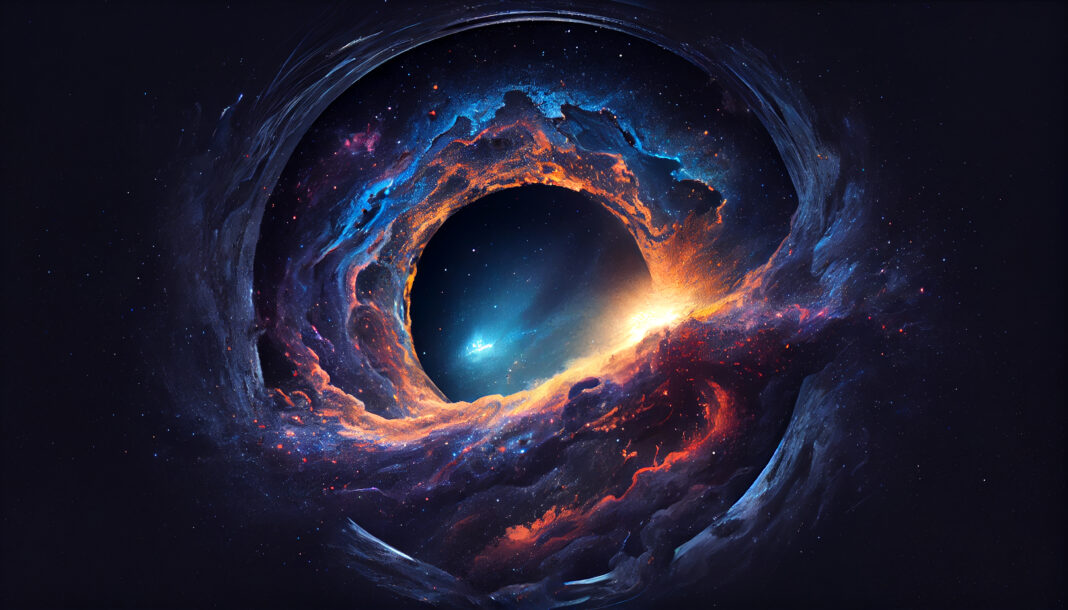Psychedelic drugs have emerged as a fascinating area of research for mental health treatment. While the potential benefits are gaining recognition, there are significant challenges in understanding their clinical value and navigating regulatory hurdles. The Journal of Psychiatric Practice’s September issue offers insights into the therapeutic use of psychedelics, with a particular focus on psilocybin’s role in treating depression.
The Psychedelic Experience: How Psilocybin Impacts the Brain
Psilocybin is a naturally occurring psychedelic compound found in “magic mushrooms.” Recent clinical trials have unveiled its positive effects in treating various psychiatric disorders, including major depressive disorder (MDD) and treatment-resistant depression (TRD).
Research suggests that the therapeutic effects of psilocybin are closely tied to intense emotional or mystical experiences. It fosters “openness to experience” and psychological flexibility, allowing patients to break free from rigid thought patterns. Studies also reveal increased activity between brain networks, contributing to lasting reductions in depression symptoms.
Clinical Progress and Ongoing Research
All psilocybin treatment studies to date incorporate psychotherapy components, comprising preparation, dosing, and integration phases. Integration sessions encourage participants to share their experiences, aiming to generate insights and facilitate behavioral changes.
Various dosing strategies are under evaluation in both academic and commercial settings. These studies adhere to stringent protocols and prioritize patient safety during the psychedelic journey.
Clinical trial registries indicate a multitude of planned or ongoing studies targeting MDD, TRD, and conditions like cancer-related anxiety and post-traumatic stress disorder. The extensive scope of these trials highlights not only scientific interest but also the therapeutic potential of psychedelics across various diagnoses.
While Australia recently approved psychiatrists to prescribe psilocybin treatment for TRD, the United States recognizes psilocybin as a “breakthrough therapy” for TRD and MDD. It’s worth noting that, despite the legalization or decriminalization of psilocybin in some states, it remains a Schedule 1 controlled substance under federal law.
The official stance of the American Psychiatric Association asserts “currently inadequate scientific evidence” for endorsing psychedelics in psychiatric treatment outside approved research studies. Nonetheless, the research presented here strengthens the case for psychedelics’ role in mental healthcare.
Psilocybin presents itself as a promising therapeutic agent, shedding new light on brain function and dysfunction. However, its potential hinges on the complex interplay of clinical, legal, and research landscapes. The journey towards unlocking psilocybin’s full potential in mental healthcare continues, promising hope for those grappling with treatment-resistant depression.
1. How does psilocybin help depression?
Psilocybin, a naturally occurring compound in “magic mushrooms,” has shown promise in alleviating depression through its unique mechanism of action. It doesn’t work like conventional antidepressants; instead, it induces a profound altered state of consciousness that can lead to several therapeutic effects:
- Mindfulness and Emotional Release: Psilocybin can induce a state of heightened mindfulness and emotional introspection. This allows individuals to confront and process suppressed emotions and trauma, often leading to emotional catharsis and relief.
- Neuroplasticity: Psilocybin may enhance neuroplasticity, the brain’s ability to rewire and form new neural connections. This can help break entrenched negative thought patterns associated with depression.
- Altered Perspectives: The psychedelic experience with psilocybin can shift an individual’s perspective, enabling them to view their life and challenges from a different angle. This fresh outlook can lead to increased optimism and improved mental well-being.
- Neurotransmitter Regulation: Psilocybin interacts with serotonin receptors in the brain, which are associated with mood regulation. It’s believed that these interactions contribute to the antidepressant effects of psilocybin.
- Long-Term Impact: Research indicates that the effects of a single psilocybin experience can persist for months, suggesting that it may provide sustained relief from depressive symptoms.
While the exact mechanisms are still under investigation, psilocybin’s potential in helping depression lies in its ability to facilitate profound psychological insights and promote positive changes in thought patterns and emotional processing.
2. Is 25 mg of psilocybin effective for treatment-resistant depression?
The effectiveness of psilocybin for treatment-resistant depression (TRD) can vary depending on factors like individual responsiveness, the context of the treatment, and the specific protocol used. However, 25 mg of psilocybin is considered a relatively high dose and has shown promise in clinical trials for TRD.
It’s important to note that psilocybin therapy is typically administered in conjunction with psychotherapy sessions, which are crucial for maximizing its therapeutic benefits. A trained therapist guides the patient through the experience, helping them process emotions and insights.
While 25 mg may be effective for some individuals with TRD, it’s essential to undergo psilocybin therapy under the supervision of qualified professionals who can tailor the treatment to the patient’s unique needs and monitor their progress.
3. Does the largest trial show psilocybin is effective in treating depression?
As of now, the research on psilocybin’s effectiveness in treating depression is ongoing, and there isn’t a single “largest” trial that definitively establishes its efficacy. However, several clinical trials and studies have reported promising results regarding the use of psilocybin in depression treatment.
These trials often involve small to moderate-sized groups of participants, and while they demonstrate positive outcomes, further research is needed to confirm the findings and establish a broader consensus on psilocybin’s effectiveness.
It’s important to stay updated on the latest research in this area as scientists continue to explore psilocybin’s potential as a treatment for depression.
4. Is psilocybin good for depression systematic review?
Systematic reviews and meta-analyses of existing research studies have indeed shown encouraging evidence for the effectiveness of psilocybin in treating depression. These reviews aggregate data from multiple studies to provide a comprehensive overview of the current state of research.
While individual studies may have limitations, systematic reviews offer a more robust assessment of psilocybin’s potential benefits for depression. They typically consider factors such as study design, sample size, and treatment outcomes across various trials.
However, it’s essential to remember that the field of psychedelic research is evolving rapidly, and new studies are continually emerging. It’s advisable to consult the latest systematic reviews and primary research studies to stay informed about the most recent developments in the use of psilocybin for depression.











